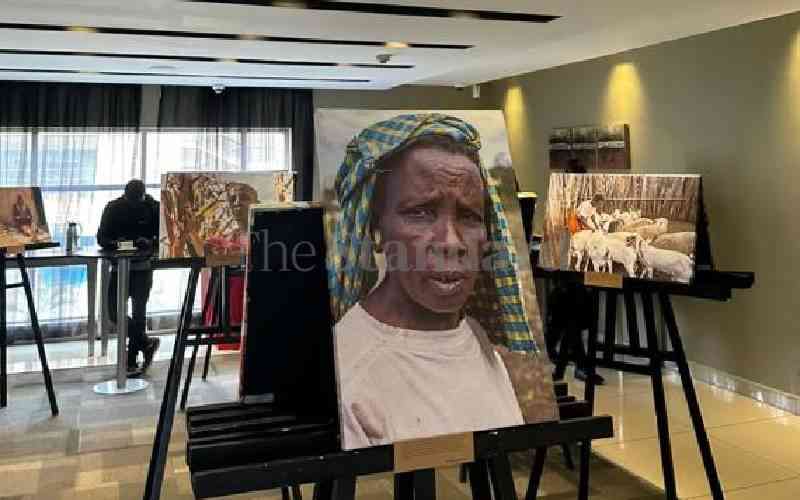×
The Standard e-Paper
Smart Minds Choose Us

Indigenous women from the Maasai community have voiced their wish to have their voices heard in key climate change conferences including the upcoming COP29 in
Azerbaijan.
The calls were made by the women who indicated the struggles they face in maintaining their cultural identity while adapting to the rapidly changing climate.